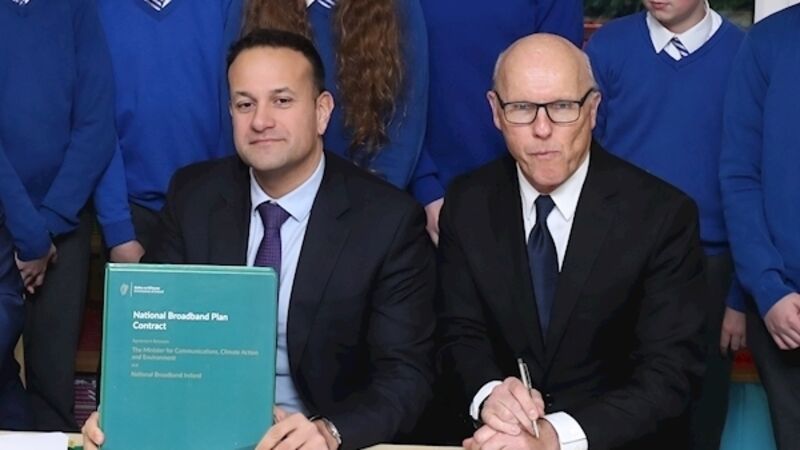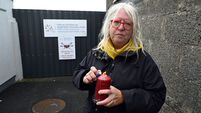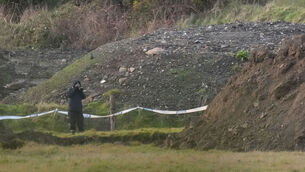€3bn rural broadband plan could face legal challenge

A €3bn rural broadband plan to “end the digital divide” has been agreed but faces the prospect of a legal challenge.
Taoiseach Leo Varadkar announced the signing of the broadband contract with pledges that 1.1 million people will benefit from the high-speed connections.













